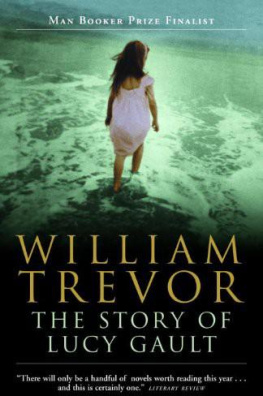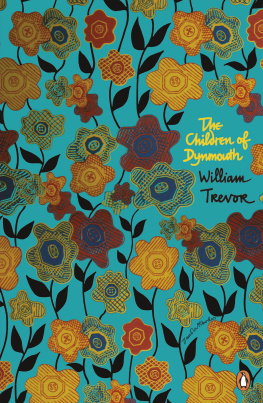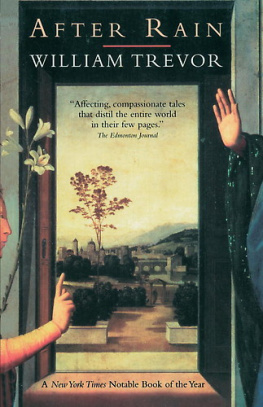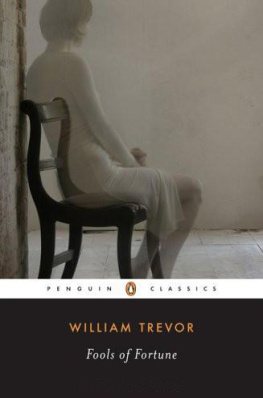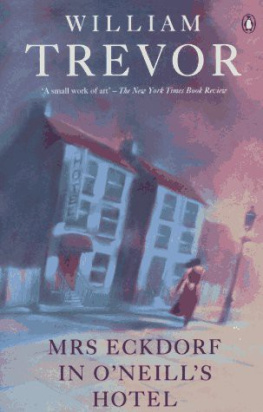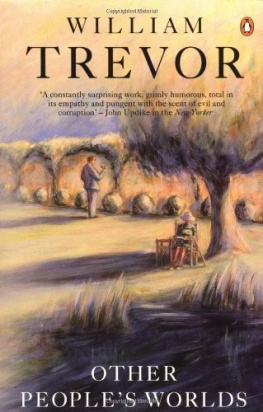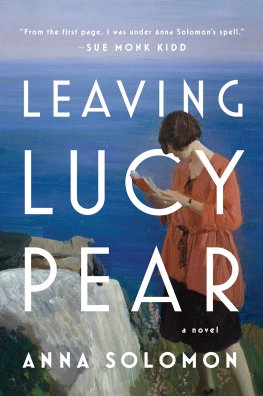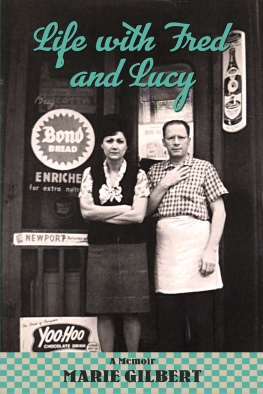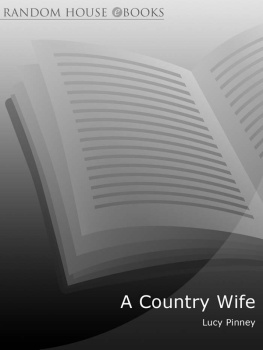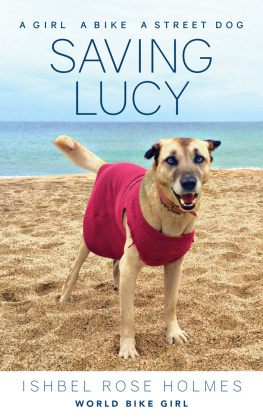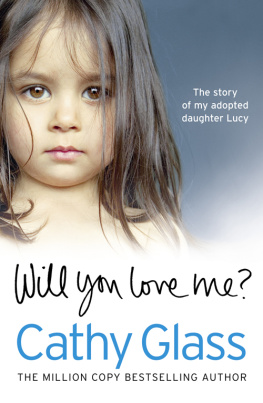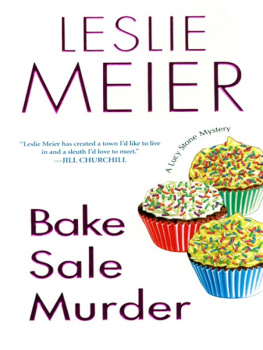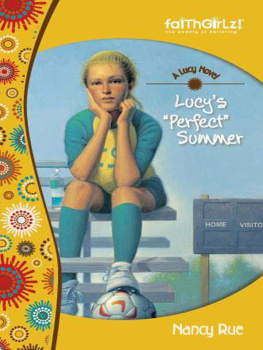Praise for William Trevor
Often spoken of in the same breath as Joyce and Chekov, Trevor shares both writers subtlety and, like them, is able to create distinct and mysterious worlds.
National Post
One of the greatest writers alive.
The Chronicle-Herald (Halifax)
The greatest living writer in English is an Anglo-Irishman named William Trevor. It might seem presumptuous to speak about Trevor in Shakespearean terms, but he is among the few contemporary writers who warrant the comparison. [He is] the reigning lion of fiction in English.
The Globe and Mail
An extraordinary mellifluous writer, seemingly incapable of composing an ungraceful sentence.
The New York Times Book Review
One of the pre-eminent writers of his generation. He is arguably the finest story writer from the era that may have seen the form reach its apex. Trevors stories always seem effortless but their easy grace belies an incredible amount of writerly craft.
Toronto Star
[Trevor] is more worth reading than practically any other novelist now writing in English.
The Guardian (U.K.)
One of the very best writers of our era.
The Washington Post Book World
By the Same Author
NOVELS
The Old Boys
The Boarding-House
The Love Department
Mrs. Eckdorf in ONeills Hotel
Miss Gomez and the Brethren
Elizabeth Alone
The Children of Dynmouth
Other Peoples Worlds
Fools of Fortune
The Silence in the Garden
Felicias Journey
Death in Summer
NOVELLAS
Nights at the Alexandra
Two Lives
SHORT STORIES
The Day We Got Drunk on Cake
The Ballroom of Romance
Angels at the Ritz
Lovers of Their Time
Beyond the Pale
The News from Ireland
Family Sins
The Collected Stories
After Rain
The Hill Bachelors
PLAY
Scenes from an Album
NON-FICTION
A Writers Ireland
Excursions in the Real World
FOR CHILDREN
Juliets Story

VINTAGE CANADA EDITION, 2003
Copyright 2002 William Trevor
All rights reserved under International and Pan-American Copyright Conventions. No part of this book may be reproduced in any form or by any electronic or mechanical means, including information storage and retrieval systems, without permission in writing from the publisher, except by a reviewer, who may quote brief passages in a review. Published in Canada by Vintage Canada, a division of Random House of Canada Limited, Toronto. Originally published in hardcover in Canada by Alfred A. Knopf Canada, a division of Random House of Canada Limited, and simultaneously in the United States of America by Viking books, New York. Distributed by Random House of Canada Limited, Toronto.
Vintage Canada and colophon are registered trademarks of
Random House of Canada Limited.
National Library of Canada Cataloguing in Publication
Trevor, William, 1928
The story of Lucy Gault / William Trevor.
eISBN: 978-0-307-36604-7
I. Title.
PR6070.R4S76 2003A 823.914 C2003-902241-2
www.randomhouse.ca
v3.1
For Jane
CONTENTS
ONE
Captain Everard Gault wounded the boy in the right shoulder on the night of June the twenty-first, nineteen twenty-one. Aiming above the trespassers heads in the darkness, he fired the single shot from an upstairs window and then watched the three figures scuttling off, the wounded one assisted by his companions.
They had come to fire the house, their visit expected because they had been before. On that occasion they had come later, in the early morning, just after one. The sheepdogs had seen them off, but within a week the dogs lay poisoned in the yard and Captain Gault knew that the intruders would be back. Were stretched at the barracks, sir, Sergeant Talty had said when he came out from Enniseala. Oh, stretched shocking, Captain. Lahardane wasnt the only house under threat; every week somewhere went up, no matter how the constabulary were spread. Please God, therell be an end to it, Sergeant Talty said, and went away. Martial law prevailed, since the country was in a state of unrest, one that amounted to war. No action was taken about the poisoning of the dogs.
When daylight came on the morning after the shooting, blood could be seen on the sea pebbles of the turn-around in front of the house. Two petrol tins were found behind a tree. The pebbles were raked, a couple of bucketfuls that had been discoloured in the accident taken away.
Captain Gault thought it would be all right then: a lesson had been learnt. He wrote to Father Morrissey in Enniseala, asking him to pass on his sympathy and his regret if the priest happened to hear who it was whod been wounded. He had not sought to inflict an injury, only to make it known that a watch was being kept. Father Morrissey wrote back. He was always the wild one in thatfamily, he concluded his comments on the event, but there was an awkwardness about his letter, about the choice of phrases and of words, as if he found it difficult to comment on what had occurred, as if he didnt understand that neither death nor injury had been intended. He had passed the message on, he wrote, but no acknowledgement had come back from the family he referred to.
Captain Gault had been wounded himself. For six years, since he had come back an invalid from the trenches, he had carried fragments of shrapnel in his body, and they would always be there now. His injury at that time had brought his military career to an end: he would remain for ever a captain, which was intensely a disappointment, since he had always imagined achieving much higher rank. But he was not, in other ways, a disappointed man. There was the great solace of his happy marriage, of the child his wife, Heloise, had borne him, of his house. There was no other place he might more happily have lived than beneath the slated roof of its three grey storeys, the stone softened by the white woodwork of the windows and the delicate fanlight above a white hall door. Flanking it on its right was the wide high archway of a cobbled yard, with cobbled passageways leading to an apple orchard and a garden. One half of the circle on to which the front rooms looked out was the gravel sweep; the other was a raised lawn that was separated from steeply rising woods by a curve of blue hydrangeas. The upstairs rooms at the back had a view of the sea as far as the seas horizon.
The origins of the Gaults in Ireland had centuries ago misted over. Previously of Norfolk so it was believed within the family, although without much certainty they had settled first of all in the far western reaches of County Cork. A soldier of fortune had established their modest dynasty, lying low there for reasons that were not known. Some time in the early eighteenth century the family had moved east, respectable and well-to-do by then, one son or another of each generation continuing the familys army connection. The land at Lahardane was purchased; the building of the house began. The long, straight avenue was made, lines of chestnut trees planted along it on either side, the woodlands of the glen laid out. Later generations planted the orchard, with stock from County Armagh; the garden, kept small, was created bit by bit. In 1769 Lord Townshend, the Lord Lieutenant, stayed at Lahardane; in 1809 Daniel OConnell did when there wasnt a bedroom unoccupied at the Stuarts Dromana. History touched the place in that way; but as well-remembered, as often talked about, were births and marriages and deaths, domestic incidents, changes and additions to this room or that, occasions of anger or reconciliation. Suffering a stroke, a Gault in 1847 lay afflicted for three years yet not insensible. There was a disastrous six months of card-playing in 1872 during which field after field was lost to the neighbouring OReillys. There was the diphtheria outbreak that spread so rapidly and so tragically in 1901, sparing only the present Everard Gault and his brother in a family of five. Above the writing-desk in the drawing-room there was a portrait of a distant ancestor whose identity had been unknown for as long as anyone of the present could remember: a spare, solemn countenance where it was not whiskered, blue unemphatic eyes. It was the only portrait in the house, although since photography had begun there were albums that included the images of relatives and friends as well as those of the Gaults of Lahardane.
Next page
